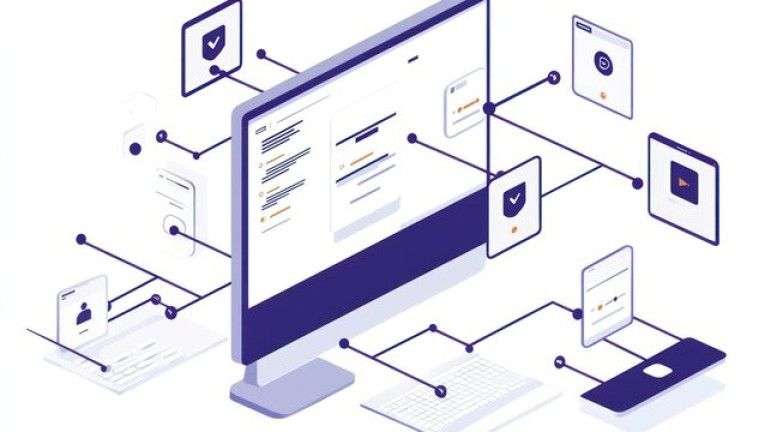Introduction
Blockchain has been transforming industries. The insurance sector is no exception. Allianz, a global leader in insurance and financial services, has been exploring blockchain for years. I will explain how Allianz integrates blockchain, the benefits, challenges, and future implications. I will also compare traditional insurance models with blockchain-based models, using tables where needed.
Table of Contents
Understanding Blockchain in Insurance
Blockchain is a decentralized ledger. It records transactions securely. Each block links to the previous one. This creates a chain of records. The insurance industry relies on trust, verification, and fraud prevention. Blockchain enhances these areas.
Allianz’s Blockchain Initiatives
Allianz has tested blockchain in multiple areas. One major project is in global captive insurance. Another is in smart contracts for automating claims processing. Allianz also explores blockchain’s role in reinsurance.
Captive Insurance and Blockchain
Captive insurance is when a company creates its own insurance subsidiary. It helps manage risks internally. Traditionally, captive insurance involves intermediaries. This leads to inefficiencies. Blockchain removes intermediaries. Allianz tested blockchain to streamline transactions, reducing settlement time from weeks to minutes.
| Feature | Traditional Captive Insurance | Blockchain-Based Captive Insurance |
|---|---|---|
| Processing Time | Weeks | Minutes |
| Costs | High (intermediary fees) | Lower (direct transactions) |
| Transparency | Limited | Full transparency |
| Fraud Risk | Higher | Lower (immutable records) |
Smart Contracts in Claims Processing
A smart contract is a self-executing program. It runs when conditions are met. Allianz uses smart contracts to automate travel delay insurance claims.
Example: A customer buys flight delay insurance. The smart contract monitors flight data. If a delay occurs, it triggers a payout automatically.
Let’s assume a policy covers a $100 payout for a 3-hour delay.
| Flight Status | Traditional Process | Blockchain-Based Process |
|---|---|---|
| On Time | No Claim | No Claim |
| 3-Hour Delay | Manual Claim Submission | Automatic Payout ($100) |
| 6-Hour Delay | Manual Claim Submission | Automatic Payout ($100) |
The customer does not need to file a claim. This removes paperwork and speeds up settlements.
Blockchain in Reinsurance
Reinsurance is when insurers transfer risk to other insurers. The process is complex. It involves multiple parties. Allianz has explored blockchain for simplifying reinsurance contracts. The goal is to automate settlements and improve transparency.
| Factor | Traditional Reinsurance | Blockchain-Based Reinsurance |
|---|---|---|
| Data Sharing | Limited | Real-Time Sharing |
| Settlement Time | Weeks | Hours |
| Manual Errors | Common | Reduced |
| Security | Risk of Tampering | Immutable |
Benefits of Blockchain for Allianz
Efficiency
Blockchain reduces the time for processing claims and settlements. Less paperwork means fewer delays.
Cost Savings
Intermediaries take a cut in traditional insurance. Blockchain removes many intermediaries, lowering costs.
Security
Data on a blockchain cannot be altered. This makes fraud more difficult.
Transparency
Every transaction is recorded. This improves accountability.
Challenges of Blockchain Adoption
Scalability
Blockchain networks can face transaction speed issues. Large-scale insurance operations require high throughput.
Regulatory Compliance
The insurance industry is heavily regulated. Blockchain must align with legal frameworks.
Adoption Resistance
Not all stakeholders are ready for blockchain. Change takes time.
Future Outlook
Allianz is investing in blockchain research. As technology matures, more insurance processes will move to blockchain. The key focus areas will be fraud prevention, automated policy management, and instant claims settlements.
Conclusion
Blockchain is reshaping insurance. Allianz is at the forefront of this transformation. From captive insurance to smart contracts and reinsurance, blockchain offers efficiency, cost savings, and security. However, challenges remain. As adoption grows, blockchain could become the backbone of insurance operations. Allianz’s early adoption signals a shift toward a more transparent and efficient industry.





